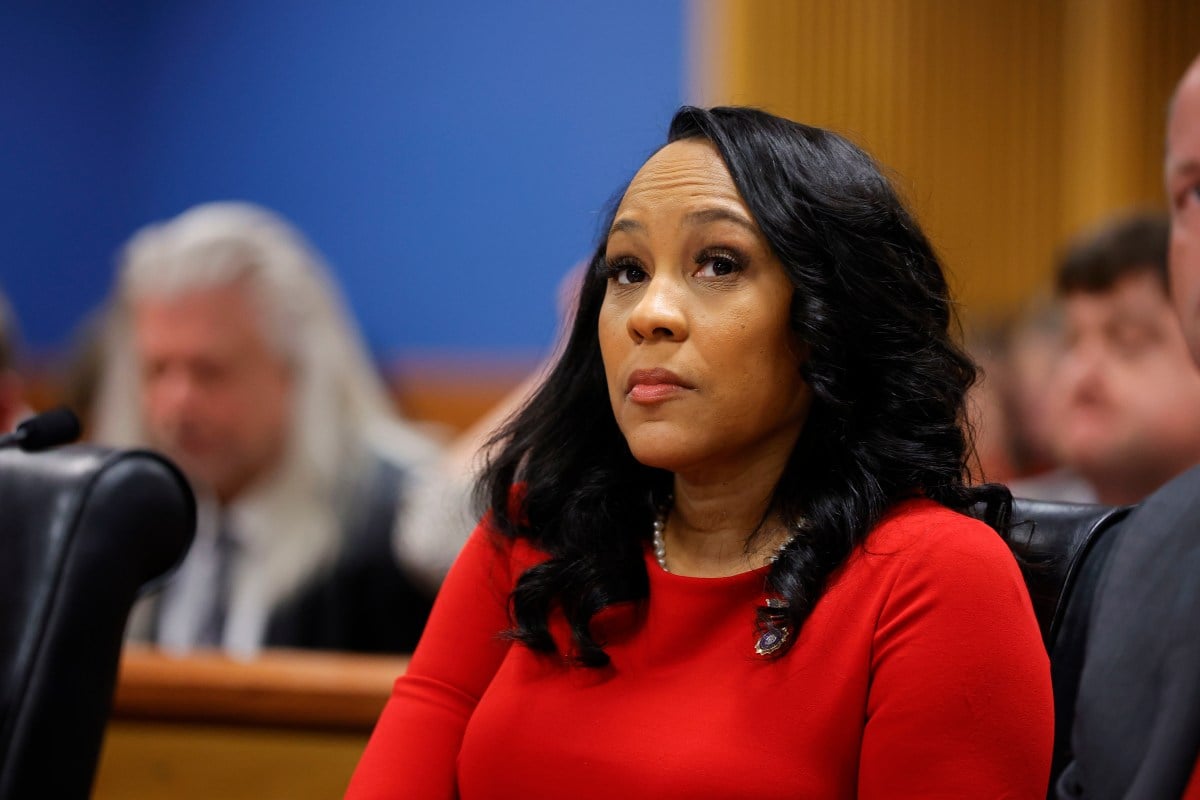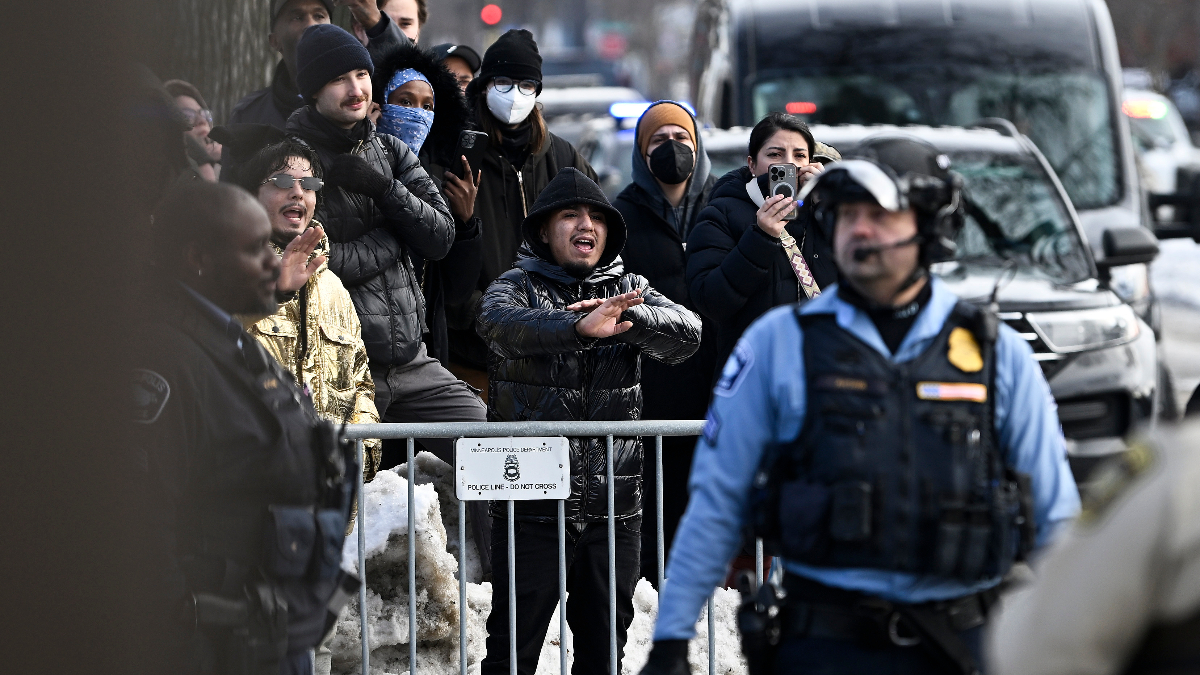In a momentous reversal, Georgia’s Court of Appeals has disqualified Fulton County District Attorney Fani Willis from prosecuting an election interference case against President-elect Donald Trump. The decision comes after a ruling by a Georgia trial judge last March declaring that Willis could continue with the case.
The issue is Willis’ romantic relationship with Nathan Wade, an attorney she hired to help prosecute the case, which charged Trump and 14 associates with conspiring to overturn the 2020 election results in the state. The case was already in jeopardy, having been challenged by the Supreme Court’s ruling regarding presidential immunity, as well as the fact allegations involved in the case were similar to another federal case against Trump, which had already been dismissed.
The Wade-Willis relationship controversy
According to The New York Times, in January, court filings revealed Willis and her employee Nathan J. Wade were romantically involved, and that the couple took vacations together after he was hired, creating a conflict of interest. Wade and Willis have admitted the relationship, but denied any wrongdoing.
Wade was reportedly paid $650,000 for the job, and Trump’s defense team claimed that Willis benefitted from the election interference case at taxpayers’ expense, when Wade used that money to pay for lavish trips the couple took together. Trump’s team also claimed that Willis hired Wade outside the typical approval process.
In March, Georgia Judge Scott McAfee ruled that while Willis and Wade’s affair did not give her a financial stake in the case, it did create the appearance of impropriety, which could be fixed, McAfee said, if Wade quit, which he did.
An “exceptionally bad” decision
Trump’s defense team appealed McAfee’s ruling, and on Thursday, Georgia’s Court of Appeals, consisting of three Republican-appointed judges, decided in a 2–1 vote to overturn the decision. Georgia Appeals Judge Trenton Brown wrote McAfee’s ruling “did not cure the already existing appearance of impropriety,” and that Willis should be disqualified.
But dissenting Judge Benjamin Land wrote that the appeals court doesn’t have the authority to overturn McAfee’s ruling in the first place. “It is not our job to second guess trial judges or to substitute our judgment for theirs,” Land wrote in his dissent.
Land added, “We should resist the temptation to interfere with that discretion, including its chosen remedy, just because we happen to see things differently. Doing otherwise violates well-established precedent, threatens the discretion given to trial courts, and blurs the distinction between our respective court.”
Meanwhile, Georgia State University law professor Anthony Michael Kreis wrote on X, “This Georgia Court of Appeals ruling is exceptionally bad. The entire point of the interlocutory appeal was to articulate or clarify a standard of law that was unclear. They did neither. The majority simply decided they wanted to be Judge McAfee and do his job instead of theirs.”
After the appeals court ruling was announced, Trump spokesperson Steven Cheung said in a statement, “In granting President Trump an overwhelming mandate, the American people have demanded an immediate end to the political weaponization of our justice system and a swift dismissal of all the witch hunts against him.”
Willis has said she will take the appeals court decision to the Georgia Supreme Court. Other than that, Willis has not yet commented on the appeals court decision. Willis recently won reelection, indicating despite the accusations of conflict of interest and impropriety, Georgia voters still support her.
The Georgia election interference investigation that Willis’ office launched four years ago was already on hold until the appeals court announced their decision and will now likely cease, though it could continue with a new special prosecutor, according to CNN.











Published: Dec 19, 2024 04:16 pm